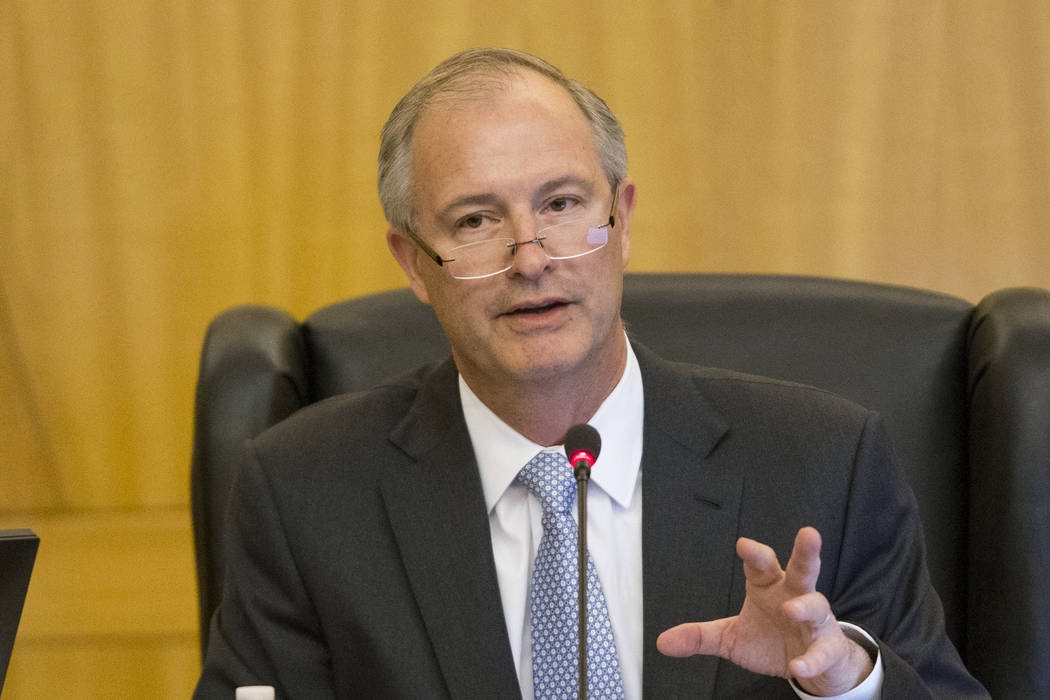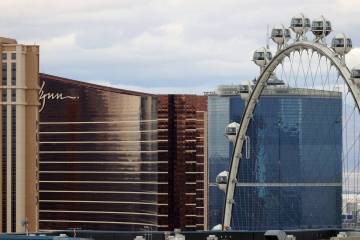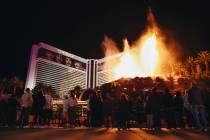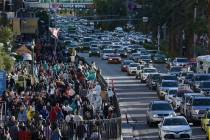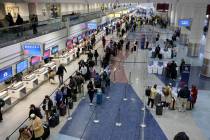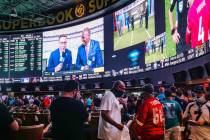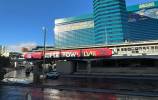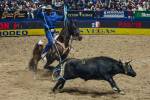LVCVA hat might be good fit for economic development chief
Everyone knew developing a stadium for an NFL team was going to be a wild ride, but few saw the twists and turns that came last week from Republican Assembly Leader Paul Anderson and Governor’s Office of Economic Development Director Steve Hill.
Anderson announced his resignation from the Nevada Assembly after being hired by Hill as a deputy director of GOED.
Meanwhile, Hill and the Las Vegas Convention and Visitors Authority confirmed that he is a candidate for an executive position with the LVCVA and would work alongside President and CEO Rossi Ralenkotter until he decides to leave.
Nothing is definite until the 14-member LVCVA board approves it. But anyone who has watched that board in action knows that once a head of steam is established by the gaming and business representation on the board, there’s little desire from the elected officials on the board to derail the train.
We might know as early as the LVCVA’s next board meeting Oct. 10 when Hill could trade his GOED hat for an LVCVA model.
As clumsy as the revelation of Hill vying for an LVCVA position was last week, there’s merit in having him there.
When Gov. Brian Sandoval saw economic development as a solution to digging out from under the recession — and attempting to prevent an economic downturn from affecting Nevada as severely again — he formed GOED. His first and only director was Hill, who worked with regionally based organizations such as Las Vegas Global Economic Alliance to entice companies to develop a presence in Nevada.
Some worked (the Tesla gigafactory) and others didn’t (Faraday Future). But Hill and his colleagues crafted agreements that prevented Nevada from giving anything away until the new arrival delivered.
When the Southern Nevada Tourism Infrastructure Committee — chaired by Hill — determined that a stadium could be an economic driver, Hill was on board.
Ralenkotter and the LVCVA concurred that a modern stadium could host events too big for Las Vegas’ current venue sites. To Hill, building a stadium was always an economic development play for more jobs and increasing the tax base to generate more revenue for some of the things Nevada needs, like education and health care. Putting aside $750 million for education or health care would be good, but wouldn’t it be better to have hundreds of millions of dollars coming in annually through taxes paid by tourists, new businesses and new employees making Southern Nevada their home?
Then the Raiders entered the picture.
After the Tourism Infrastructure Committee recommended the Senate Bill 1 legislation providing financing for the stadium and an expansion and renovation of the Las Vegas Convention Center, Hill was tapped to head the Las Vegas Stadium Authority.
Hill has guided the stadium process with a good sense of humor despite how complex the process is.
With an LVCVA post potentially on his plate, there were concerns that Hill would have to give up the Stadium Authority chairmanship.
He says he won’t.
And, as a leader of the organization that markets the Las Vegas destination, he will be able to help guide strategies that will keep that building full, hopefully beyond the 45 annual events projected for the venue.
That LVCVA hat just may be a good fit.
Contact Richard N. Velotta at rvelotta@reviewjournal.com or 702-477-3893. Follow @RickVelotta on Twitter.



